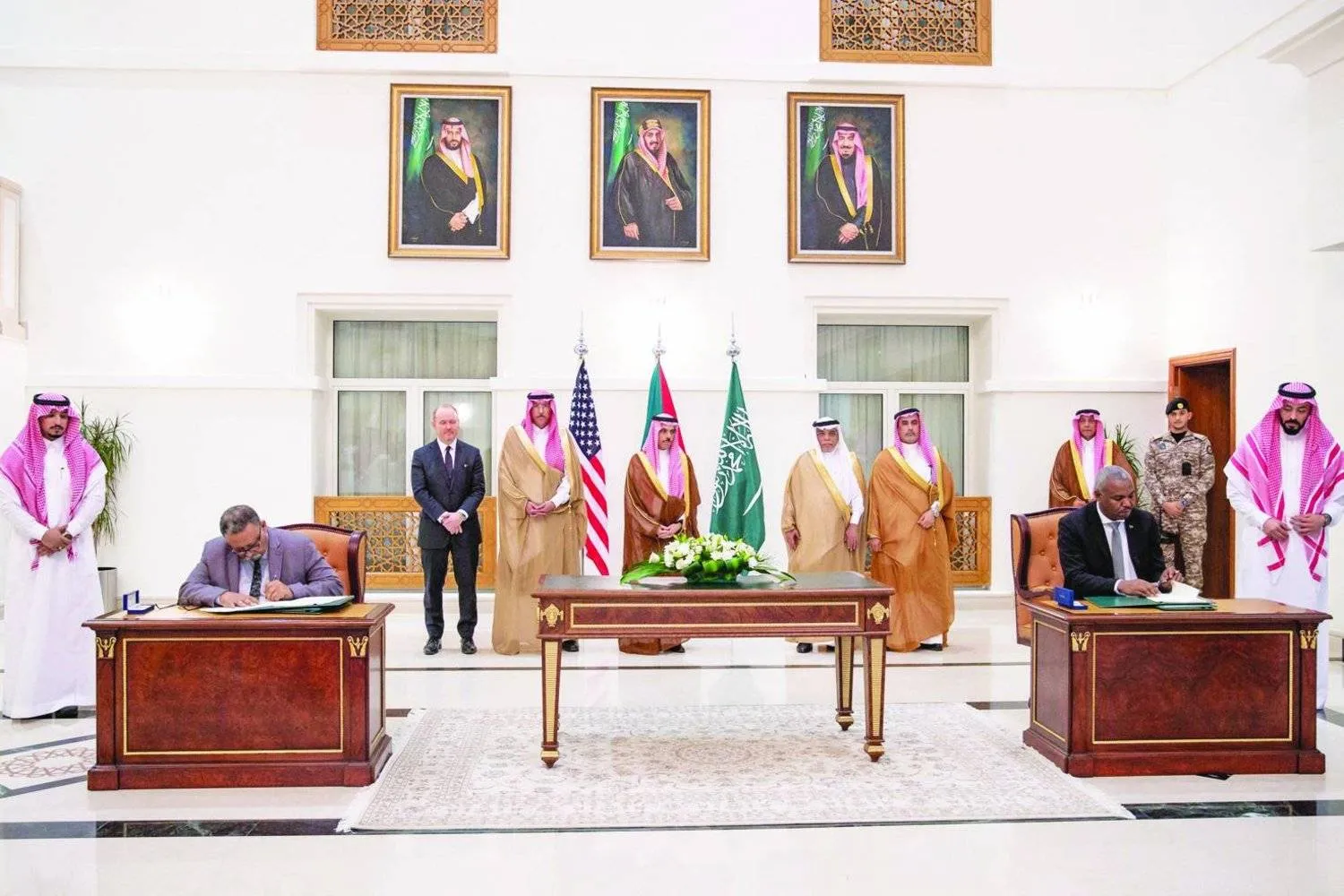Sudan’s Armed Forces (SAF) and the Rapid Support Forces (RSF) clashed in the military zone in Nyala as the delegations of both parties are expected to arrive in Jeddah to resume negotiations on a ceasefire.
Clashes escalated in the past two days intensified reaching the three cities of the capital, Khartoum, Khartoum Bahri, and Omdurman. This coincided with the announcement of negotiations' resumption within the framework of the Jeddah Platform, sponsored by Saudi Arabia and the US.
Both parties remain steadfast in their positions, anticipating substantial progress on the ground, as cautious atmosphere prevails concerning the outcome of the negotiations.
The Sudanese doubt a political breakthrough would lead to a ceasefire, however, observers believe there is hope in this round of negotiations, especially after both warring parties failed to resolve the ongoing battles in Khartoum or Darfur.
Local sources reported that the RSF attacked for the second day the headquarters of the 16th Division to seize it and control the entire state, but the army forces confronted them.
According to eyewitnesses, fierce battles broke out in the vicinity of the headquarters of this Division, resulting in deaths and injuries among soldiers. Exchanged artillery shells struck residential neighborhoods, forcing hundreds of civilians to flee their homes.
Sources indicated that clashes took place around the army base, and strong explosions were heard as a result of heavy artillery shelling, amid confirmed reports of several deaths and injuries among civilians.
Earlier, the Rapid Support published a video clip of its Deputy Commander Abdelrahim Hamdan Dagalo inside Nyala, threatening to defeat the army forces and its allies among the leaders of the ousted regime.
Last week, the US called on the “Rapid Support” forces to stop shelling residential neighborhoods in South Darfur and other areas of Khartoum.
Washington indicated it was deeply concerned by reports that the RSF have intensified shelling in South Darfur and Omdurman.
The United States was aware of reports that the RSF and SAF were fighting within Nyala, adding that the Rapid Support may have encircled the city in preparation for an assault, potentially depriving civilians of the ability to flee to safety.
Since the outbreak of the war in mid-April, the Rapid Support Forces have been attacking the 16th Division, which is one of the largest military bases of the Sudanese army in the Darfur region.
During the past months, Nyala witnessed violent clashes, leaving hundreds dead and wounded and thousands of displaced people.
Meanwhile, the UN Sec-Gen Deputy in Sudan, Clementine Nkweta-Salami, said Sudan’s growing humanitarian crisis is due to intense conflict, and the number of people needing humanitarian assistance increases daily.
On behalf of the UN family in Sudan, Nkweta-Salami urged all parties to stop the fighting and commit to a permanent cessation of hostilities. This came in a statement via the UN Support Mission’s Facebook page.
She asserted that both parties must abide by their obligations under international humanitarian and human rights law to protect civilians and enable safe humanitarian access to those in need.
The official reaffirmed the Mission’s commitment to helping build a Sudan where peace, sustainable development, and human rights for all prevail throughout the country, adding that it received and recorded reports of human rights violations and abuses.









